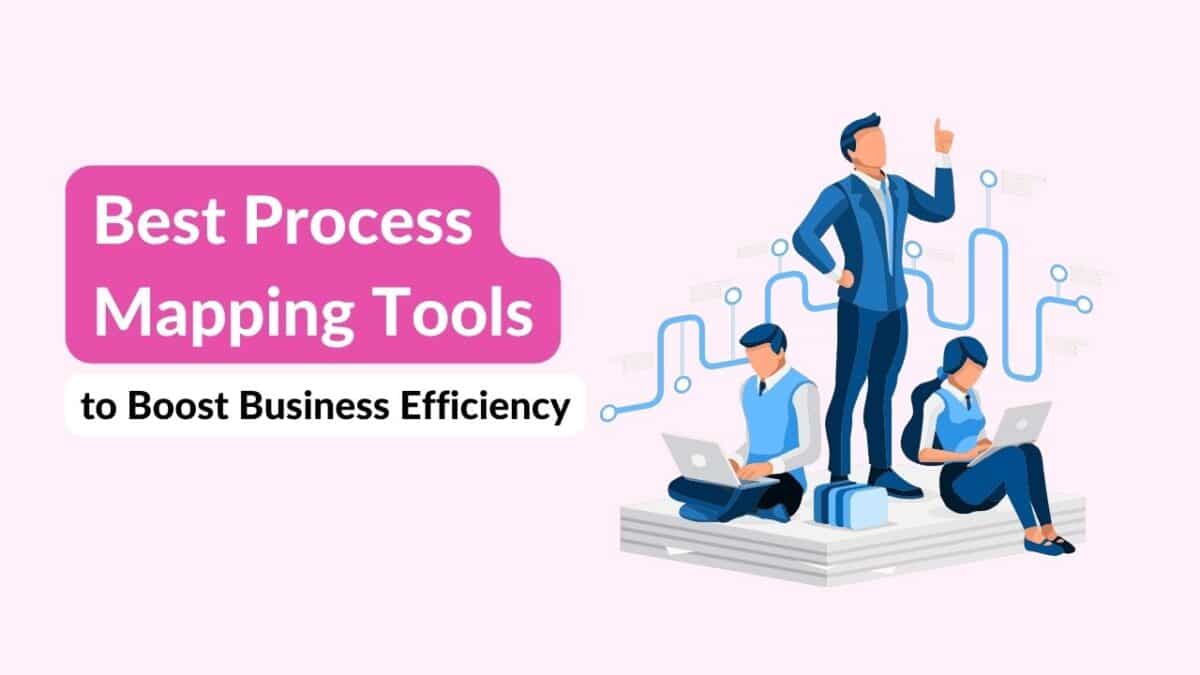Researches show a clear link between rewards and recognition and employee retention. A survey by Achievers brought to light some alarming results. 55% of 1700 respondents were planning to switch jobs. When probed deeper, the number one reason for it was lack of recognition. A much as 69% of these employees went on to mention that a more thoughtful reward and recognition program would inspire them to stay on. This was in 2018.
In 2021, the situation does not appear to be any better. There is not a soul unaffected by everything that has been paining our world in the past couple of years. Despite such a tough environment, employees are constantly striving to maintain balance and deliver. So as an employer, a ‘Thank You’ is the least you can give to your employees.
If you wish to make sure your high performing workers continue to deliver and remain in your organization, here are some things you can practice:
Work Life Balance:
Now that most employees are working from home, screen time has soured throughout the global population. They overwork without even realizing it. This leaves most employees stressed and exhausted, which ultimately affects their productivity. With the workplace constantly intruding into personal space, they get less time to spend with their families. Result? Employee burnout. Gallup, in their recent research, highlights that employees who report burnout are 2.6 times more likely to look for a new job.
Employees should know when to switch-off, and organizations must understand the importance of work-life balance. Having a work-life balance is as important as having a good salary, job satisfaction, security, employee benefits and perks, etc.
Mental Health for Employees:
As per the U.S. National Comorbidity Survey for Americans between ages 15 to 54, 18% of employed individuals experienced symptoms of mental health issues.
Often times, while discussing workplace issues, many articles or surveys highlight bullying, poor managers, workplace biases, and work-life balance. But mental health is repeatedly overlooked. It’s a very serious issue that needs to be given importance like any other.
Working from home has allowed employees to work from anywhere and work flexibly. However, it has led to other issues such as insomnia, anxiety, and isolation. As a manager or an HR, you can’t always act as a therapist or a shrink, but you can take a series of steps to ensure that your employees are doing well.
- Informal conversations to understand how they are doing
- Conduct anonymous surveys
- Equal importance to mental health, like physical health
- Train employees to identify their mental health issues
- Online therapy and counseling sessions as a part of employee benefits and perks
- Encourage everyone to speak up
Necessary Physical Fitness:
The perfect alignment of mind, body and soul makes for a balanced human being. So physical wellbeing, as we have mentioned earlier, is as important as mental stability. When employees were working out of the office, they had access to ergonomically designed workstations, gyms, healthy eating options, etc. But with work from home, many of us have the habit of working from the couch or bed. There is no fixed routine for work or breaks. It leads to obesity and fatigue, which ultimately affects the productivity of the employee.
Here are a few things which you can do to ensure your employees’ physical wellbeing:
- Set up their remote workspaces
- Conduct exercise and yoga sessions online and encourage your employees to take part
- Gift your employees’ smart bands to track their steps
- Offer incentives to your employees for calories burnt
Communicate Often:
In the global workspace, which is mostly remote, employees feel disconnected and isolated from their teammates and the organization because of a lack of communication. So, with a sturdy communication process in place, employees feel connected and valued. Have a one-on-one connect with your team members, or encourage them to share their concerns in team meetings. Let them know you are there to help them out if they face any difficulty working remotely. Encourage your employees to block time for virtual water cooler breaks so that they can have a casual discussion with their colleagues. Additionally, ensure that they have the tools and software required to make communication and collaboration easy. Some of the most commonly used tools are:
- Engagedly for real-time performance management, feedback, rewards, and gamification
- Slack, Google Meet, and Skype for communication and easy collaboration
- Asana, Basecamp, and Trello for Project Management
Your workers are your assets! So a good employee recognition program is beyond necessary for your organization. Have you started taking care of them yet?
Do you want to know how Engagedly can help you with employee recognition and employee retention? Then request for a live demo.
Request A Demo
Kylee Stone
Kylee Stone supports the professional services team as a CX intern and psychology SME. She leverages her innate creativity with extensive background in psychology to support client experience and organizational functions. Kylee is completing her master’s degree in Industrial-Organizational psychology at the University of Missouri Science and Technology emphasizing in Applied workplace psychology and Statistical Methods.





